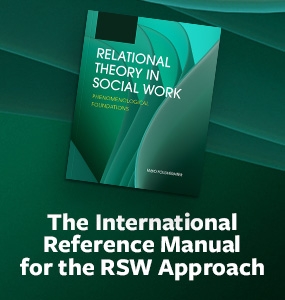Developing a systemic, relationship-based approach to social work education
Sharon Walker
This paper provides a reflexive narrative of my research to develop a systemic, relationship-based approach to teach social work students. I recognised the need for such an approach following a plethora of recommendations in England that social workers should build relationships with their service users and colleagues. There should be coherence between the approach social workers are taught from and the relationship-based approach they need to fulfil these recommendations. I developed the pedagogy by building on principles introduced by Edwards and Richards (2002); mutual engagement, mutual empathy and mutual empowerment. I combined this with the concept of «teaching as conversation» (McNamee, 2007). Three relational-biographical methodologies were used to develop these concepts. The first was relational ethnography where I made audio recordings of my teaching. The second was interpretive phenomenological analysis which I applied to analyse transcripts of the recordings and created themes from the data. The third methodology was self-study conducted through a genealogy of education. I identified the subjugated education policies that shaped my identity and impacted on how I build relationship. My research resulted in the development of a framework providing a pedagogy underpinned by six principles; mutual engagement, mutual empathy, mutual empowerment, conversation, collaboration and culture.
Keywords
Education – Pedagogy – Relationship-based – Social Work – Systemic.




